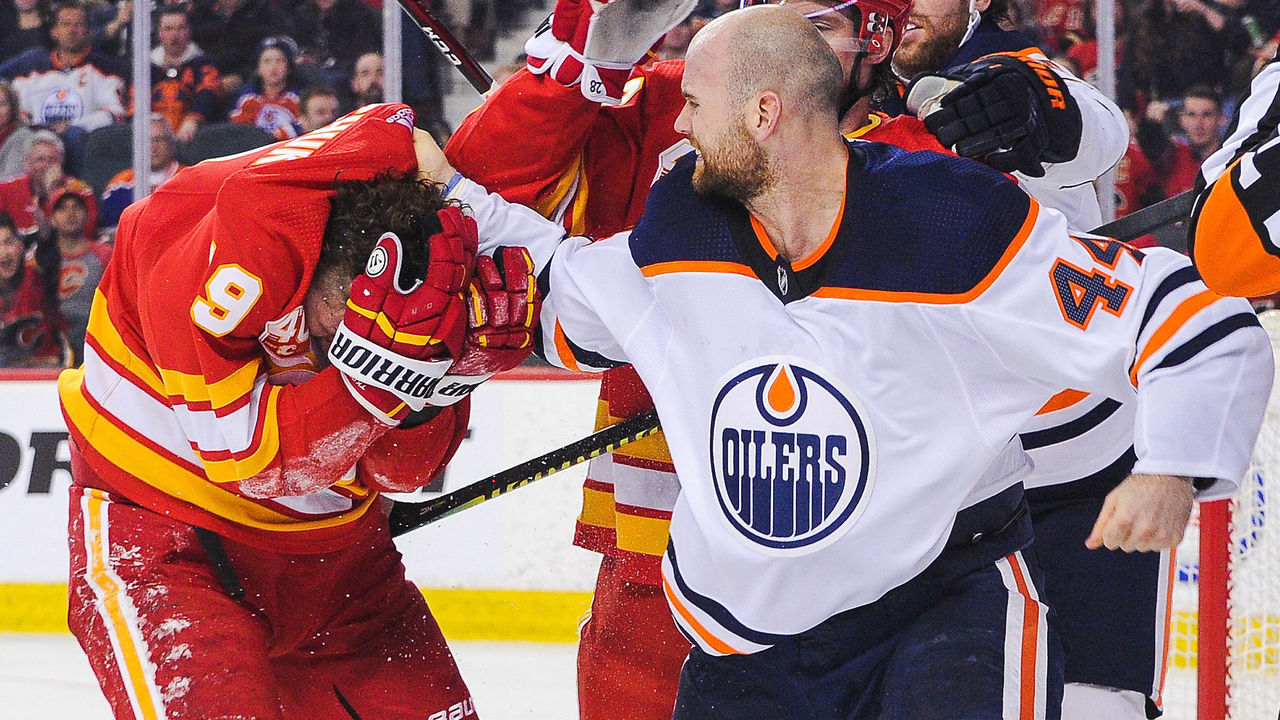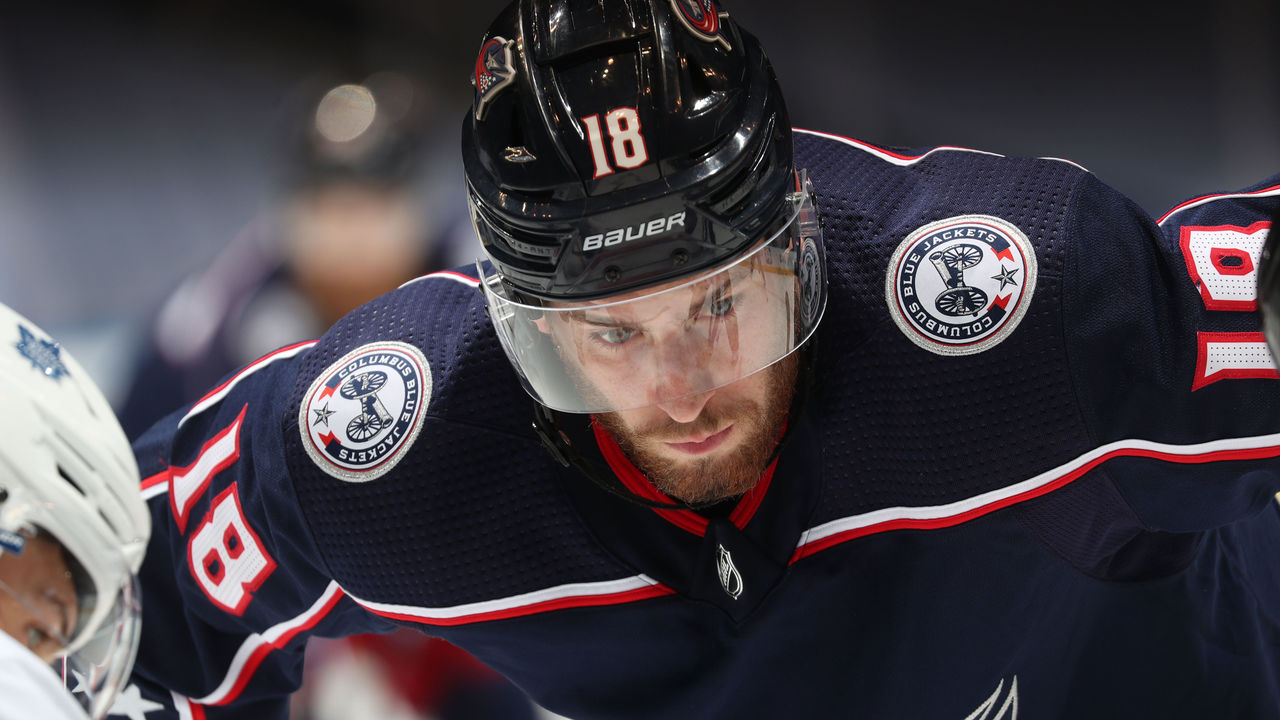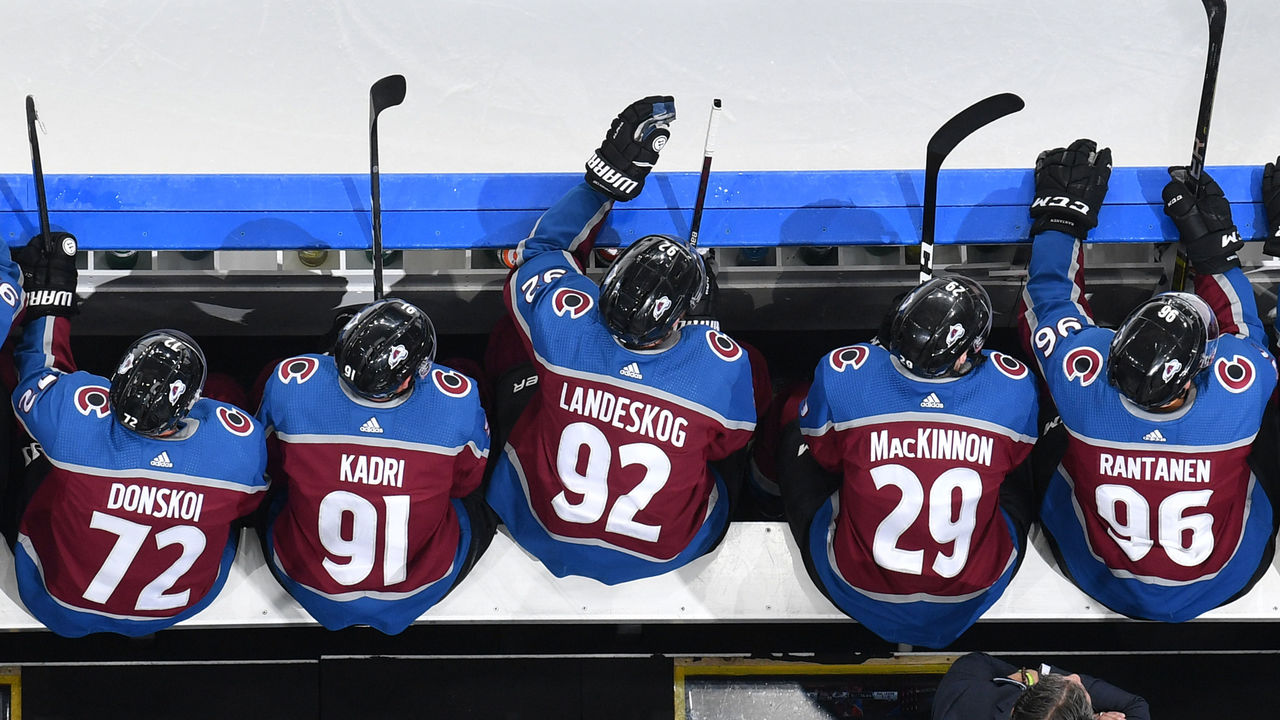It's officially go time - soon.
On Sunday, the NHL unveiled preliminary information about its upcoming campaign. The league will begin a 56-game regular season on Jan. 13, start its playoffs May 11, and award the Stanley Cup - if all goes according to plan - in July. Of course, in the COVID-19 era, everything is subject to change.
What's new and exciting? The 2020-21 campaign calls for temporary realignment due to border closures. The seven Canadian NHL teams are set to form a one-time North Division, while the 24 American clubs are to be split into three other divisions - the East, Central, and West.
Here are some initial thoughts on the four new groups.
North Division
Teams: Canadiens, Canucks, Flames, Jets, Maple Leafs, Oilers, Senators
You can argue the Canadian teams have lucked out, seeing as the top four clubs from each division qualify for the playoffs and the North Division features only seven teams. In the same breath, you can argue they didn't luck out, seeing as right now, the North is the most difficult division to handicap.
Forget the All-Canadian tag; it should be known as the All-Chaos Division.
It's true, none of Toronto, Calgary, Edmonton, Vancouver, Winnipeg, and Montreal are top-of-mind Cup contenders. Yet, in a normal season with 82 games and traditional divisions, all six franchises would absolutely challenge for a playoff spot. And the difference in high-end talent and depth between the six squads is essentially negligible. Something will have to give, every night.

The Flames, Canadiens, and Jets all boast first-rate starting goaltenders. The Maple Leafs, Canucks, and Oilers all have offensive dynamos in Auston Matthews, Elias Pettersson, and Connor McDavid. And each team is flawed in some way or another. Take Toronto, for instance. Based on how all the Canadian clubs currently look on paper, the Leafs probably deserve the slight edge. But their recent playoff history inspires the opposite of confidence, so, again, there's little to no difference to be found ... right?
Ottawa is a different story. The Senators are still rebuilding, but they shouldn't be taken too lightly. They proved to be a hard out in 2019-20 under new head coach D.J. Smith, and moving forward, the Sens will be bursting at the seams with hungry youngsters. After a productive offseason, it's not outrageous to think Ottawa could claw its way to a sixth-place finish in the North. A run of bad luck and/or a slew of injuries could tank one of the playoff-worthy teams' momentum during the truncated season.
The division's top rivalry is clearly the Battle of Alberta, or super pest Matthew Tkachuk versus Calgary's cross-province pals in Edmonton. The Flames and Oilers typically meet four times a year; in 2020-21, it'll be more than double that. The schedule has yet to be released, but Canadian teams will face each other nine or 10 times over a four-month period. For this reason, also keep your eyes glued on the Toronto-Vancouver season series. There's zero chance fans and media in both cities will able to behave themselves.
The main takeaway: Realignment guarantees a Canadian team will make the final four for only the fourth time in 10 years. It's fair to say Canada - which last watched one of its teams win the Cup way back in 1993 - will take those odds.
East Division
Teams: Bruins, Capitals, Devils, Flyers, Islanders, Penguins, Rangers, Sabres
If the North consists of six good-but-not-great teams plus Ottawa, the East projects similarly but with New Jersey subbing in for the Senators as the division's lone non-threat and Buffalo playing the part of the disruptive wild card.
The normal Metropolitan Division projected to be a dog fight in 2020-21, and now Philadelphia, Pittsburgh, Washington, and the two New York teams must deal with Boston, the reigning Presidents' Trophy winner. On the flip side, perhaps we should temper our expectations for the Bruins, given the departure of Torey Krug (and possibly Zdeno Chara), the long-term layoffs for offensive spark plugs Brad Marchand and David Pastrnak, and the overall wear and tear on a consistently elite team that's played a ton of hockey over the past decade. It's hard to get a feel for how good (or bad) Boston will be when the club is due to engage in 56 hard-fought regular-season games.

The Sabres, meanwhile, will be coming off a 10-month break and headlined by the bombshell acquisition of former MVP Taylor Hall. And while the overall strength of the roster is questionable, at best, Buffalo's top-six forward group of Hall, Jack Eichel, Eric Staal, Sam Reinhart, Jeff Skinner, and Victor Olofsson/Dylan Cozens could do some serious damage. Ultimately, it may not be enough to rock the boat in this revamped Metro, even in a small sample, but the Sabres' appeal is real. Oh, and don't forget about Rasmus Dahlin.
From a league-wide perspective, Sidney Crosby and the Penguins meeting Alex Ovechkin and the Capitals eight times - or, on average, twice a month - to start 2021, will be awesome. Crosby's 33, Ovechkin's 35; the generational talents won't be sharing the ice forever. Cherish this rush of must-see action.
Central Division
Teams: Blackhawks, Blue Jackets, Hurricanes, Lightning, Panthers, Predators, Red Wings, Stars
At the moment, "predictable" is the best descriptor for the Central.
The Lightning will likely finish first in the standings; Carolina and Dallas will probably end up occupying second and third, respectively, with the two clubs fitting the "scary at full potential" mold quite well; and Columbus and Nashville will surely jockey for the final playoff berth. The Blue Jackets, led by Pierre-Luc Dubois, Zach Werenski, Seth Jones, and two young goalies, are more reliable than the sputtering Predators at this point, so even the drama surrounding the No. 4 spot should be subdued.

That leaves Chicago, Detroit, and Florida out of the hunt. It's possible the Panthers get their act together and find themselves competing in meaningful games down the stretch for once, but that would have to coincide with both Nashville and Columbus underperforming. Put another way, there's a clear divide between the Central's top five and bottom three, and the end-of-season gap between the Lightning and lowly Red Wings should be gigantic.
Realignment has robbed us of the potential for a rematch of the 2020 Cup Final. Having the Lightning and Stars duke it out for eight regular-season contests is a nice consolation, however, and you wonder if any tension from the six-game bubble series will boil over into the new campaign.
West Division
Teams: Avalanche, Blues, Coyotes, Ducks, Golden Knights, Kings, Sharks, Wild
The first thing that comes to mind after scanning the West Division is the solid chance that the Cup is presented to one of these clubs if the NHL can make it to July. Vegas and Colorado are arguably two of the best three teams in the league, and St. Louis is in the top 10, too.

It will be very interesting to monitor the West standings and see who among those three teams claims the top seed ahead of what should be a wild first two rounds of the postseason. The Golden Knights are firmly in win-now mode; the Avalanche are on a seemingly unstoppable trajectory; and the Blues are just two years removed from a Cup win. At the individual player level, there's no reason why Colorado's Nathan MacKinnon won't continue to make his case for best-player-on-the-planet honors, while Alex Pietrangelo is about to make his debut for Vegas after a 12-year run with St. Louis. It's possible the Art Ross, Hart, Lindsay, and Norris trophies are handed out to West players.
Minnesota and Arizona are primed to battle for the fourth playoff spot, with the three California teams appearing bound for the sixth, seventh, and eighth positions in this top-heavy division. Two Cali-related side plots out of the gate: 1) Are the Sharks playing in San Jose or in a safer community? And 2) Is the Evander Kane-Ryan Reaves rivalry alive and well in 2021?
John Matisz is theScore's national hockey writer. Contact him via email (john.matisz@thescore.com) or through Twitter (@MatiszJohn).
Copyright © 2020 Score Media Ventures Inc. All rights reserved. Certain content reproduced under license.